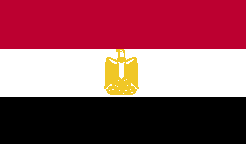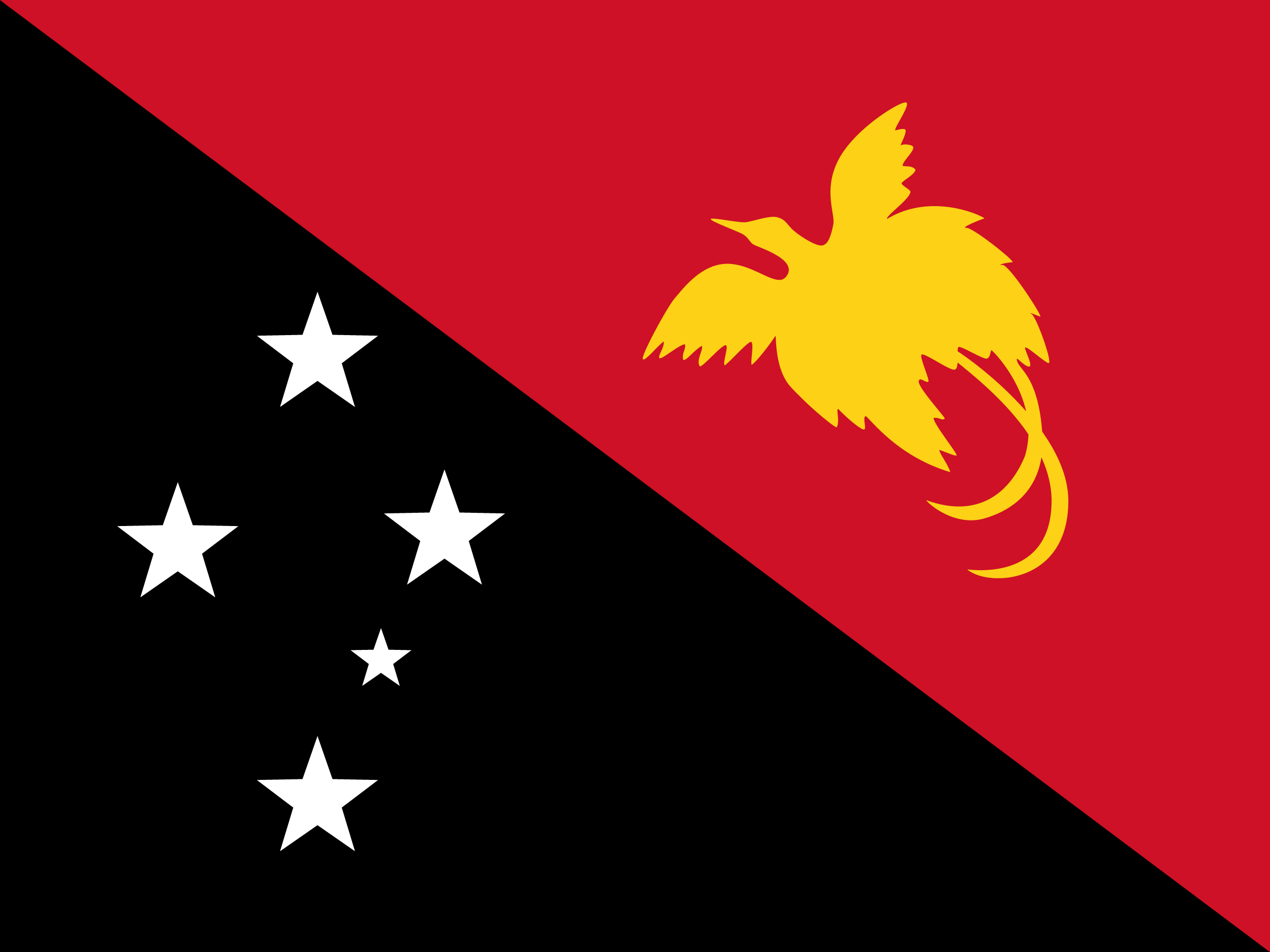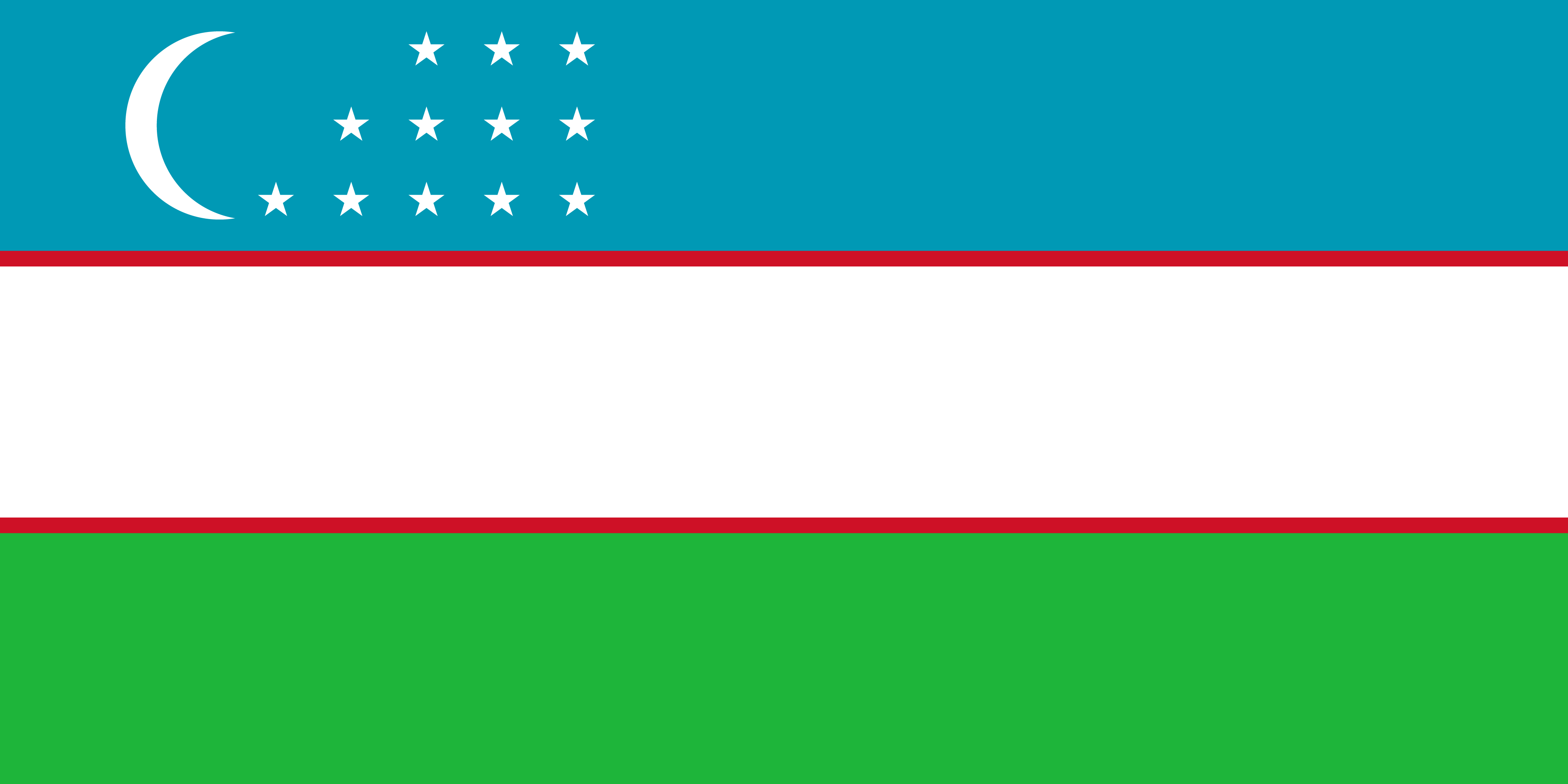

Tanzania
PMI Just-in-Time Programs
closeProgram Overview
 |
|
Tanzania is taking important steps to establish national frameworks, regulations and guidelines to enhance the country’s participation in international carbon markets. In 2022, the government introduced its first Carbon Trading Regulations, accompanied by National Guidelines for Carbon Trading, laying the groundwork for private sector engagement and carbon project development. In 2023, amendments to the 2022 regulations further enhanced the legal framework by including provisions to establish a National Carbon Registry, enhancing institutional arrangements, and setting new requirements for project proponents.
In parallel, the semi-autonomous jurisdiction of Zanzibar has drafted its own carbon trading regulations, currently under government review. These efforts underscore a strong national commitment to leverage carbon markets as a financing mechanism for climate action and sustainable development. Tanzania’s Country Climate and Development Report (CCDR) further identifies carbon markets as a promising source of climate finance, while ongoing support is being integrated into policy reforms to operationalize the regulations under the World Bank’s Tanzania Development Policy Financing with a Catastrophe Deferred Drawdown Option (Cat DDO) program.
With technical support delivered through initial capacity building—including introductory trainings for senior government officials and carbon market readiness diagnostics derived from the application of the Mitigation Action Assessment Protocol for Internationally Transferred Results —the government has requested follow-up assistance to build institutional and technical capacity for carbon trading and to develop an approach for Article 6 implementation under the Paris Agreement.
Country Market Based Approach
Objectives & Activities
The PMI program aims to support Tanzania in building the institutional, technical, and policy foundations necessary to operationalize its national carbon trading regulations and enable participation in international carbon markets, including under Article 6 of the Paris Agreement. Key activities include:
- Strengthening capacity on carbon market registry infrastructure: Provide training and capacity building on effective utilization of a national carbon asset registry, including on usage and technical requirements of a national registry as well as on deployment/installation considerations, ensuring alignment with international standards and requirements
- Support for operationalization of carbon trading regulations: Provide analytical support and technical input for Tanzania’s policy approach for engaging in Article 6 markets, including recommendations for Zanzibar’s policy framework for carbon markets participation
- Capacity building on monetization and market access: Deliver training and technical support to government officials and stakeholders on pathways for accessing voluntary and compliance markets as well as options for monetizing carbon credits
- Strengthen institutional & stakeholder engagement: Build capacity across ministries, regulatory bodies, and local governments through targeted training, policy dialogues, and knowledge-sharing platforms
PMI support will also be delivered in close coordination with the Tanzania ASCENT program which aims to mobilize carbon finance through energy access interventions and in advancement of the Mission 300 agenda.

















